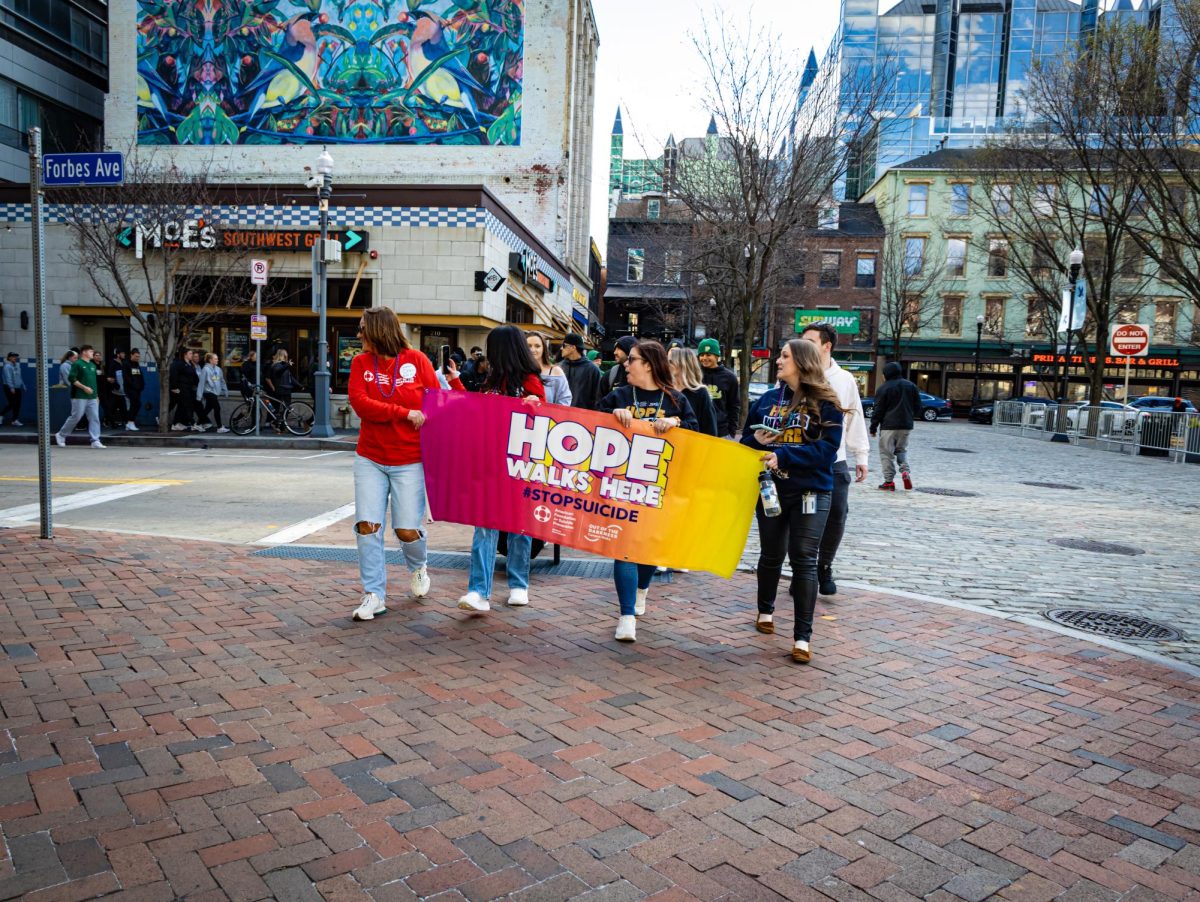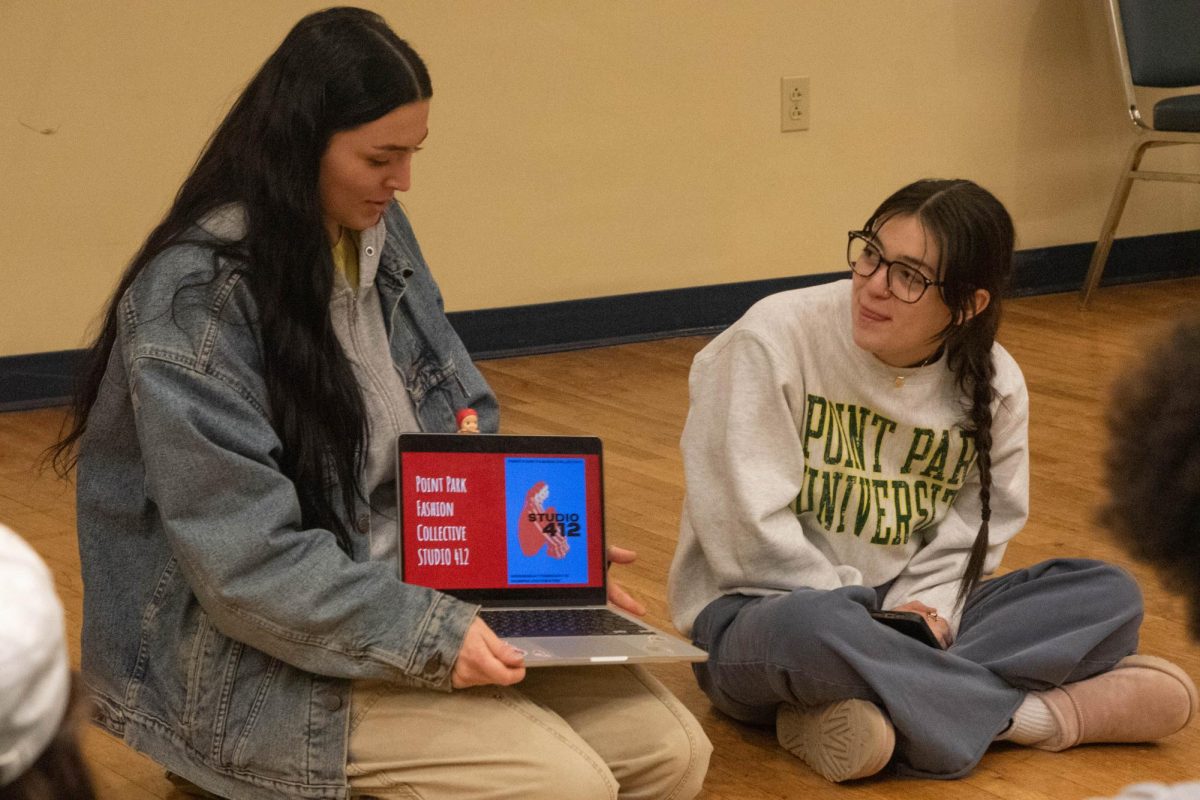Students got the opportunity this past Wednesday, November 13, to engage with Emmy-award-winning correspondent Alexis Johnson as she screened her new documentary, “When Black Women Go Missing,” here at the Center for Media Innovation.
Introduced by Kalliyan Winder, Johnson, a Pittsburgh native and former VICE News correspondent, shared her new film, which follows the lives of those who have been affected by the massive epidemic of missing Black women in America. Through her investigation and personal interviews, she has created a documentary that highlights systemic issues in law enforcement and the lack of attention brought to these cases.
During the event’s Q&A session, Johnson said, “I created this film because I wanted to give these women the voice and attention they’ve been denied.”
Before the film, Ahri Riso, a sophomore broadcast reporting major, said, “This isn’t a subject that gets a lot of coverage. I’m excited to see how the documentary portrays the government’s role, or lack thereof, in addressing this issue. Meeting the filmmaker adds another layer of understanding to what went into creating this story.”
For many attendees, the event was more than just a viewing of the film. It was a chance to reflect on their role as upcoming journalists.
“This is the kind of reporting that makes you think differently,” said Logre Abdis, also a sophomore broadcast reporting major. “It’s important to see films like this and hear directly from the people behind them.
This documentary, which took three years to create, initially only focused on a Minnesota task force in charge of finding missing Black women. This then turned into a broader investigation of sex trafficking and systemic neglect.
She follows the lives of three women who have gone missing, each sharing a different story and outcome, shining light on all that happens to missing Black women.
Johnson explained that her reporting revealed disturbing patterns, including repeated instances of law enforcement dismissing cases as runaways rather than conducting thorough investigations.

Families featured in the documentary were able to share their experiences with heartbreaking stories of frustration and resilience. Johnson also noted that gaining their trust was crucial to accurately telling their stories.
“It wasn’t just about filming; it was about building relationships and ensuring the families felt supported throughout the process,” she said.
The film goes on to also confront how the media’s bias affects public perception of missing persons cases. Johnson highlighted the disproportionate coverage of white women’s cases, such as Gabby Petito’s, compared to Black women’s cases. The latter are far less likely to receive any widespread attention.
The event served as a powerful reminder of the role journalists play in amplifying overlooked issues. For students like Riso and Abdis, the experience emphasized the importance of pursuing stories that hold institutions accountable and give those without a voice a chance to speak.
Alexis Johnson’s new film, “When Black Women Go Missing,” is now available to stream on Tubi TV, with some advertisements. Johnson is also to continue her tour across the country, sharing this film with more communities.














Jennifer • Nov 25, 2024 at 8:52 PM
It really seems like something is wrong with how many people showed for Squishmallow bingo compared to this. Not to devalue the importance of just having fun together. Sigh.